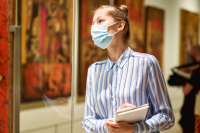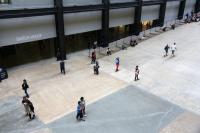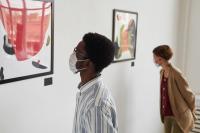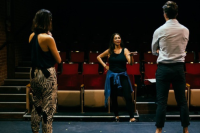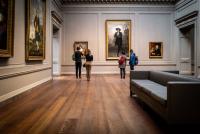A probe into Covid loans provided to both the arts and sports sectors will be conducted by the National Audit Office (NAO).
A statement issued by the public spending watchdog said it will produce a report on whether the Department for Culture, Media and Sport is "delivering value for money through its management of the loan book".
It will examine whether an appropriate and proportionate governance and oversight structure was established to deliver its objectives, whether the loan schemes have been effectively managed so far, and whether the department is well-placed to meet the challenges of managing its loan book in the future and maximise financial returns.
Between July 2020 and March 2022, the Department for Culture, Media & Sport (DCMS) provided around £2.6bn of support for the arts and sports sectors to help them survive the pandemic. Of this, £474m was in the form of repayable loans over a period of up to 20 years.
The NAO said it was the first time that DCMS had managed a significant loan book.
Recipients of loans under the scheme include English National Opera, Historic Royal Palaces, London Theatre Company, the National Theatre, the Royal Albert Hall, the Royal Opera House, Royal Shakespeare Company and Southbank Centre.




